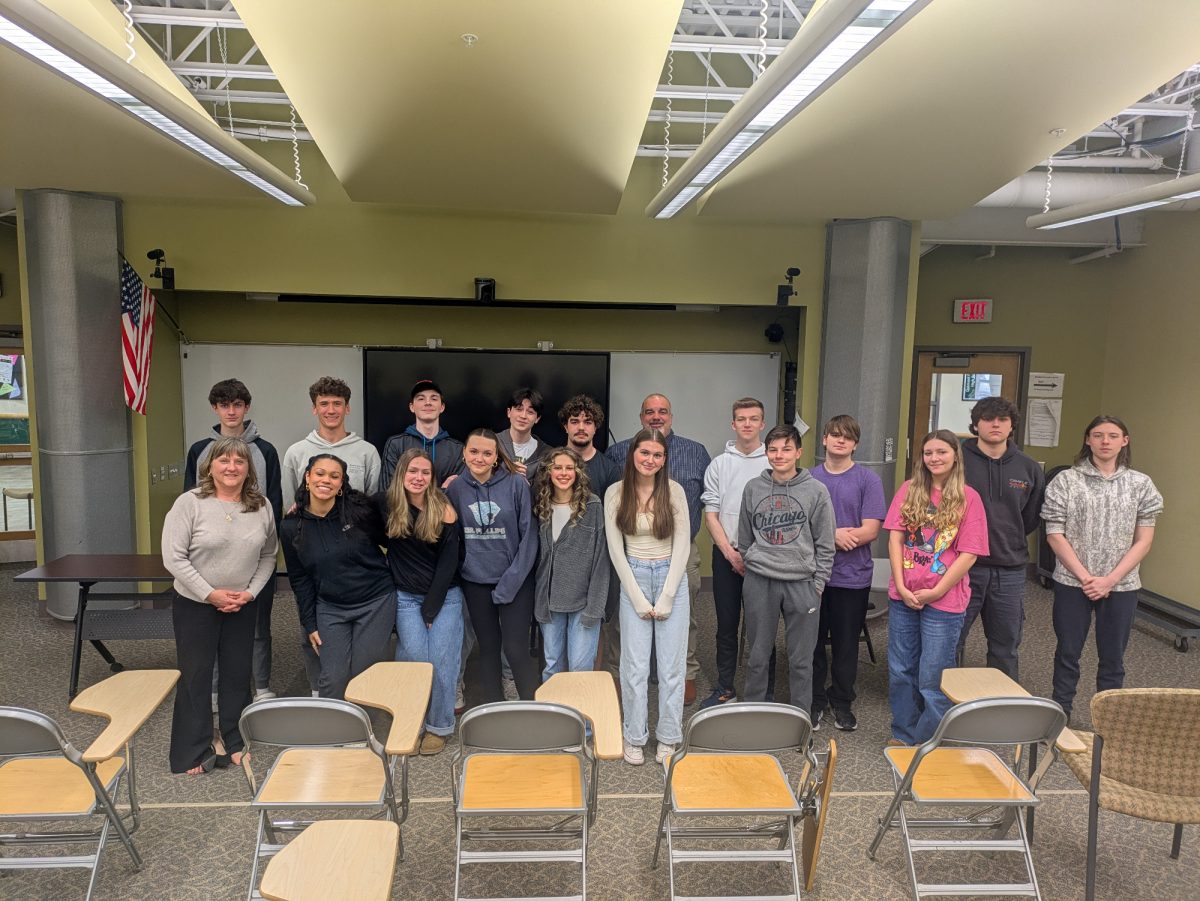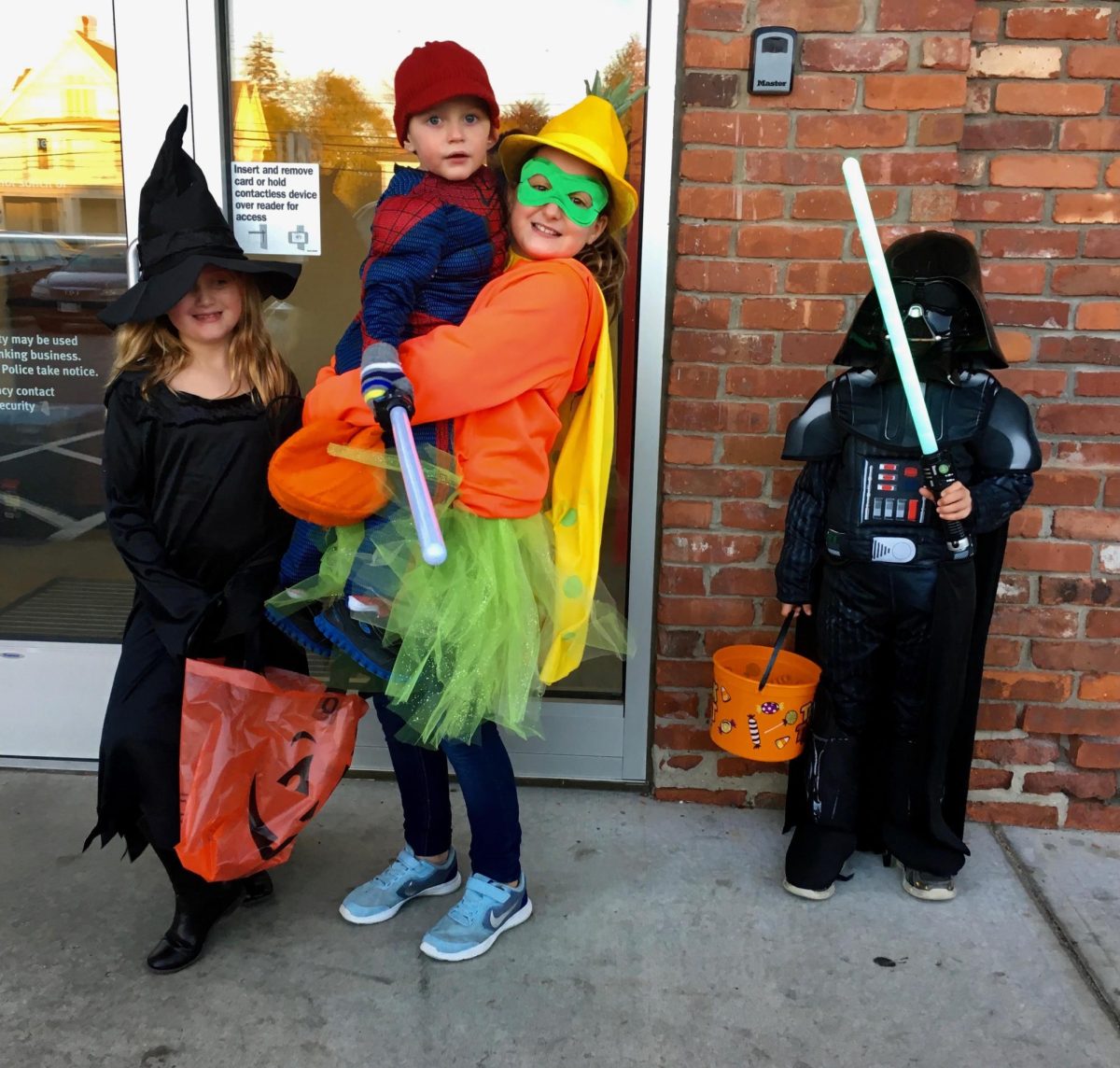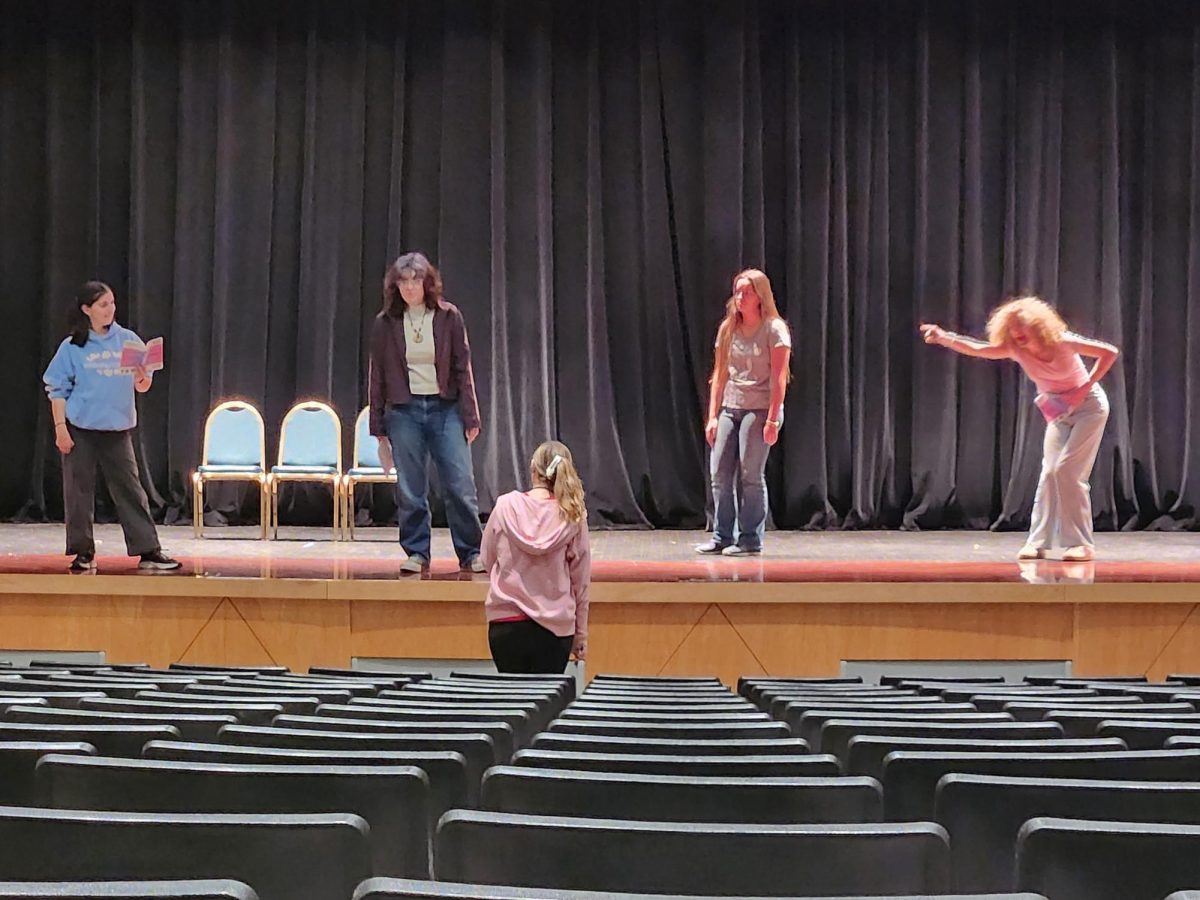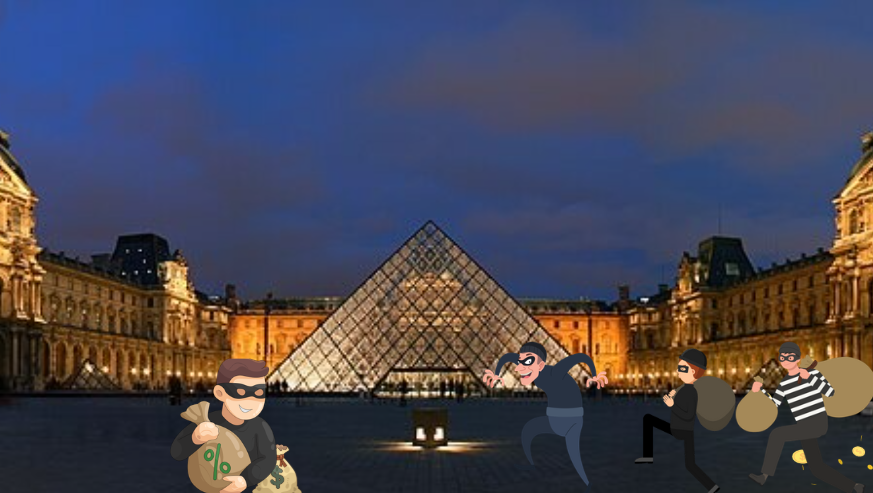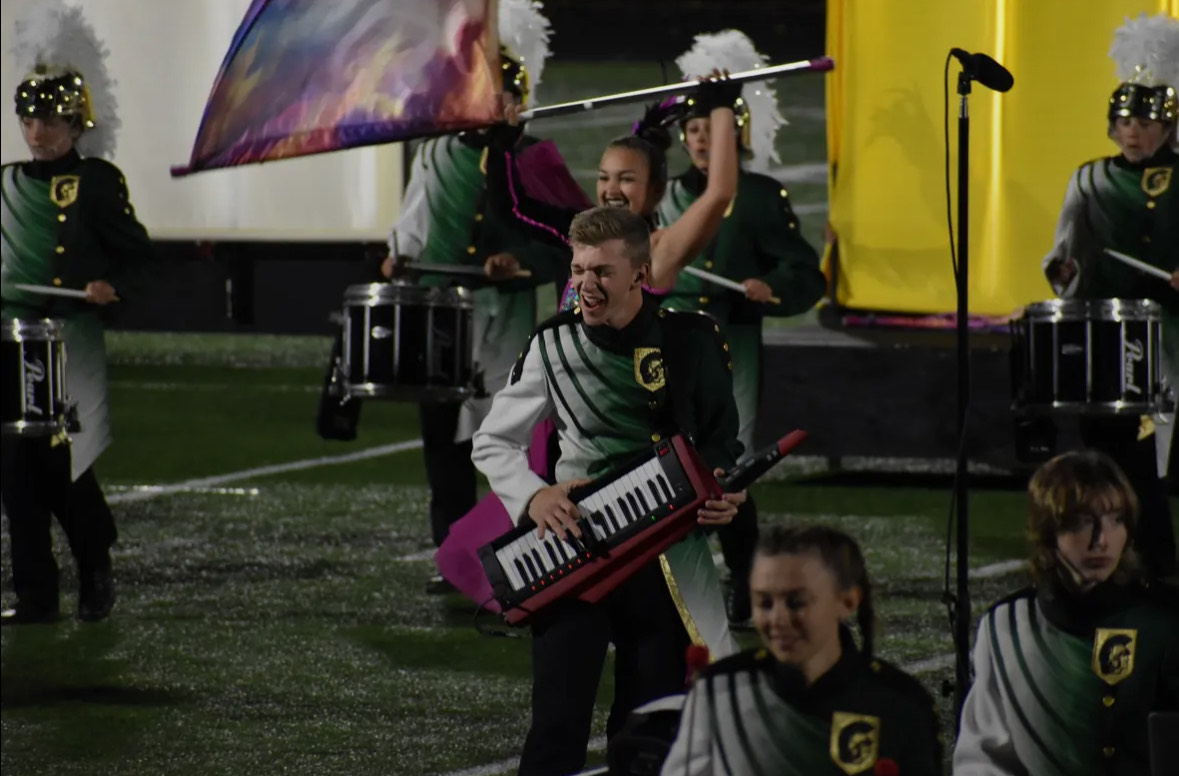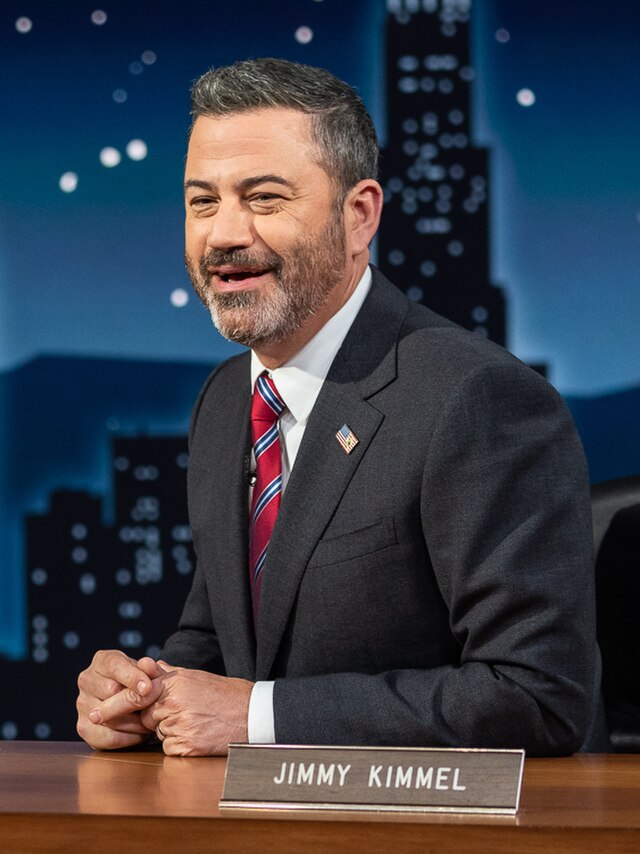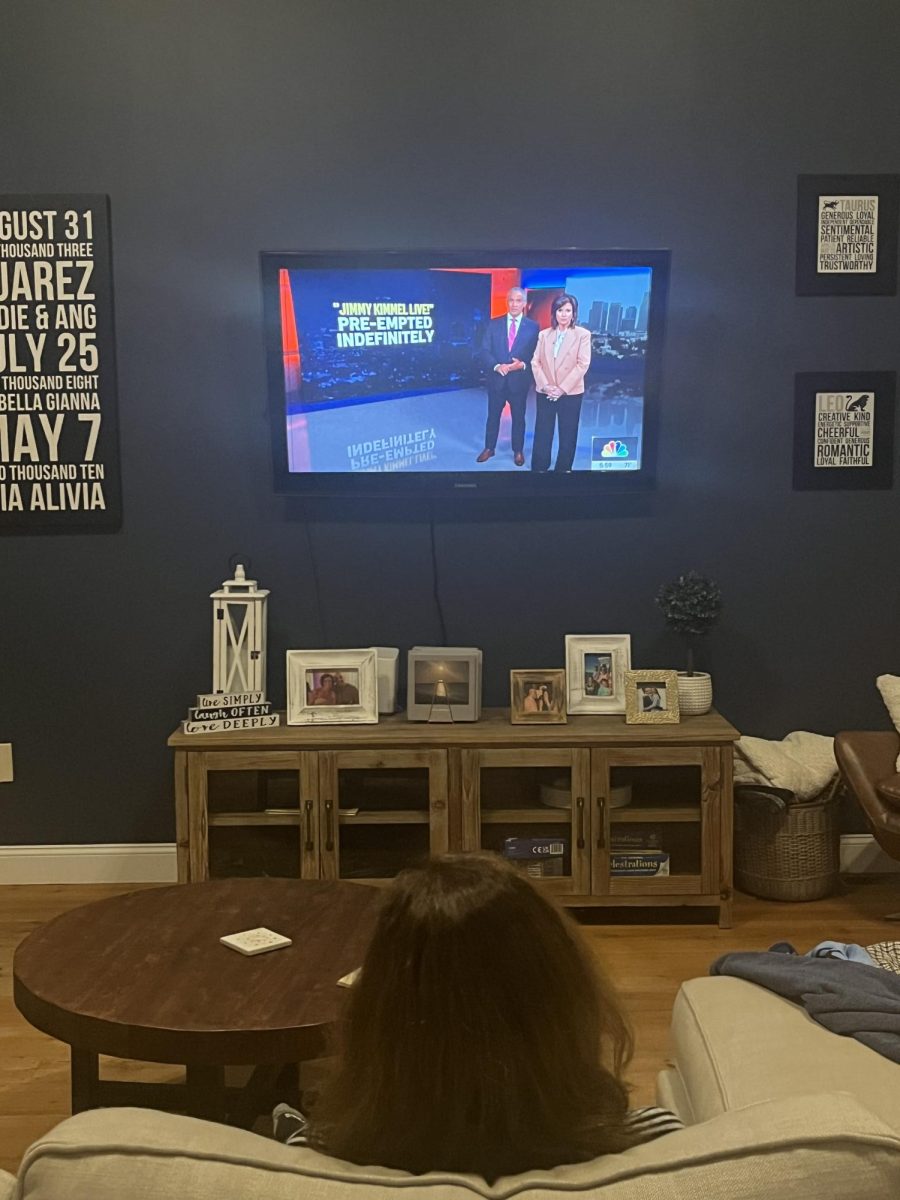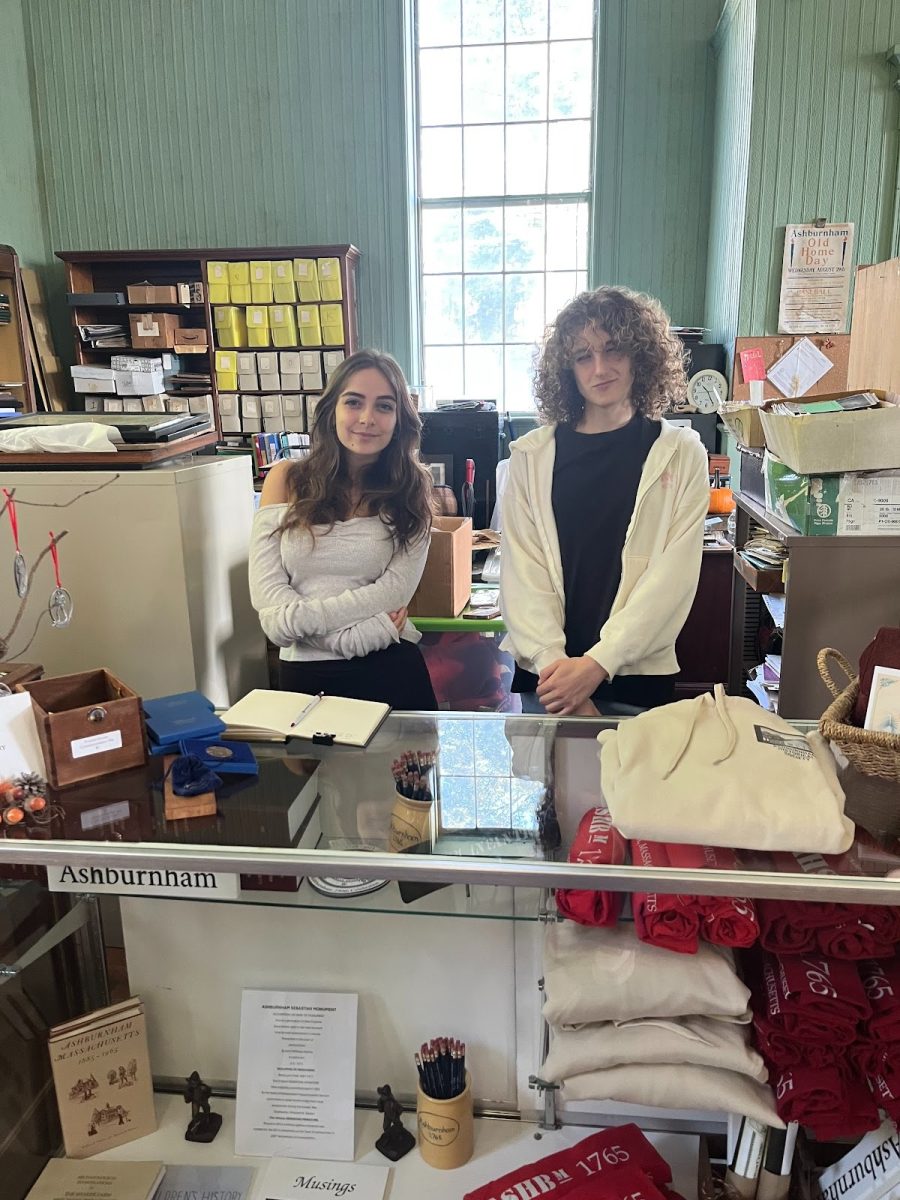The Adventures of Huckleberry Finn began printing in February of 1885. According to PBS, in less than a month, librarians in Concord, Massachusetts, deemed it “trash” and “only for slums.” It was the first time the book was banned in the United States, and it certainly wouldn’t be the last.
Set in the South before the Civil War, Mark Twain’s story of two runaways, one escaping an abusive father and the other escaping slavery, went straight to the question: What does it mean to be free? According to PBS News, while it’s widely known as one of Twain’s best novels and one of the greatest American novels of all time, challenges to the book have been there since its publication. Nearly every challenge claims that the book is racist, many mentioning the book’s repeated use of the n-word. Others simply state that Huck Finn “conflicted with the values of the community.” This led to the novel being one of the most banned books in the school curriculum.
This past week, Mrs. Stefanakos’ English 11 Honors class has been working on writing letters to the “school committee” about the controversy of The Adventures of Huckleberry Finn and the use of the n-word in it. There were three groups that the class was split into: one on the side of banning or getting rid of it altogether, another that thinks they should make an alternate version that replaces the word with a “friendlier” one, such as slave, and the last group believes the book is fine as it is and should not be changed at all.
Everyone in the class was tasked to write a letter, stating their side with reasoning and quotes to back them up. Those groups then picked the two best letters to have them read in the lecture hall in front of the class, some of the administration, and Mr. Johnson, who is a member of the board.
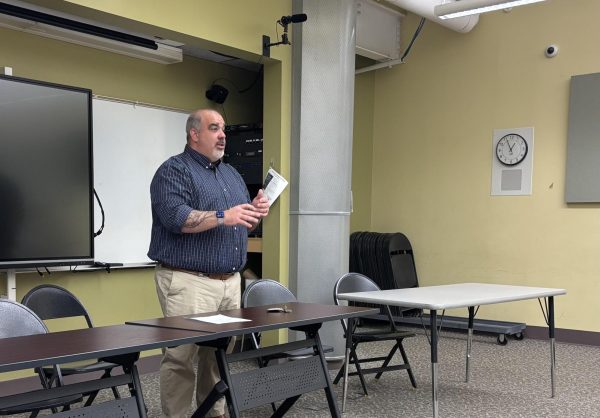
To start the meeting in the lecture hall, Mr. Johnson gave a brief overview of the school committee and board meetings. He talked about how important it is to speak and express your opinion. He stated, “You have the ability to shape what’s happening here.” This was one of the main points made by Mr. Johnson to make sure everyone knows how important it is to speak your opinion.
After Mr. Johnson talked about the board and getting involved with everything, it was time to read our letters to him.
Junior John Morand was the first to go and took a very different approach to this assignment. He made it completely satirical, or sarcastic, with his made-up character “Jim.” This character’s view on the topic was to completely get rid of it altogether. John, or “Jim,” perfectly presented this by combining lots of humor with good points of reasons to ban the book. Both Natasha Hood and Nick Hill also contributed by providing arguments about racism in the book and how unnecessary that part is.
Junior Nick Hill said later, “I liked the idea because it allowed us to express our ideas about our curriculum, and I feel like I never get the chance to do that.” This is a great point, and it seems like everyone else in the class has the same opinion on it.
Juniors Adam Lasorsa and Jayden Brostrom spoke in favor of keeping the book in the curriculum while suggesting that the language be softened and made more inclusive for all students. Both presented compelling arguments and shared insightful letters. Mr. Johnson later stated that he agreed with most of what had been discussed for this side.
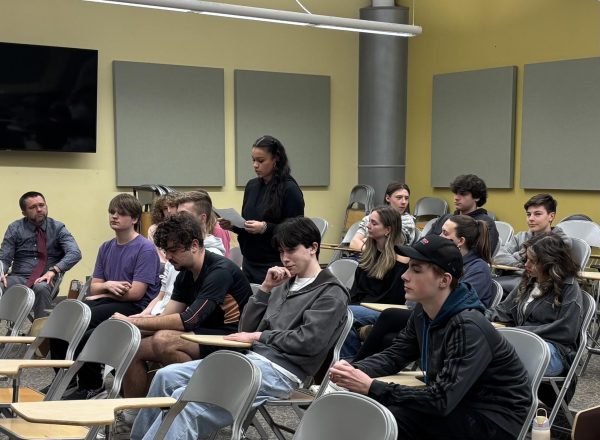
The final two speakers, Lily Harris and Brady Johnson, both advocated for keeping the book in the curriculum without any changes. Although they had different approaches to expressing their points, they made compelling arguments on the topic. Brady Johnson noted that “It was nice to have a way to connect English class to a real-life scenario.”
Mr. Johnson wrapped things up by praising everyone on how great the letters were, and that “every argument landed, even John’s.” He thought this was an excellent way to do this, and enjoyed how we were able to stand up and present these letters in front of our peers. He later asked Mrs. Stefanakos if it was worth it. “Huck is a vehicle for the lessons. When we hear about this controversy later in life, I want you to think back to my class. The arguments presented were thoughtful, articulate, and well-supported. Again, the students did the work, showing good things to those present.”
I, along with my entire class, believe this was an awesome lesson and a super fun way for Mrs. Stefanakos to let us present our sides of the Huckleberry Finn controversy. Hopefully, this becomes a tradition that keeps on going for many years to come.



